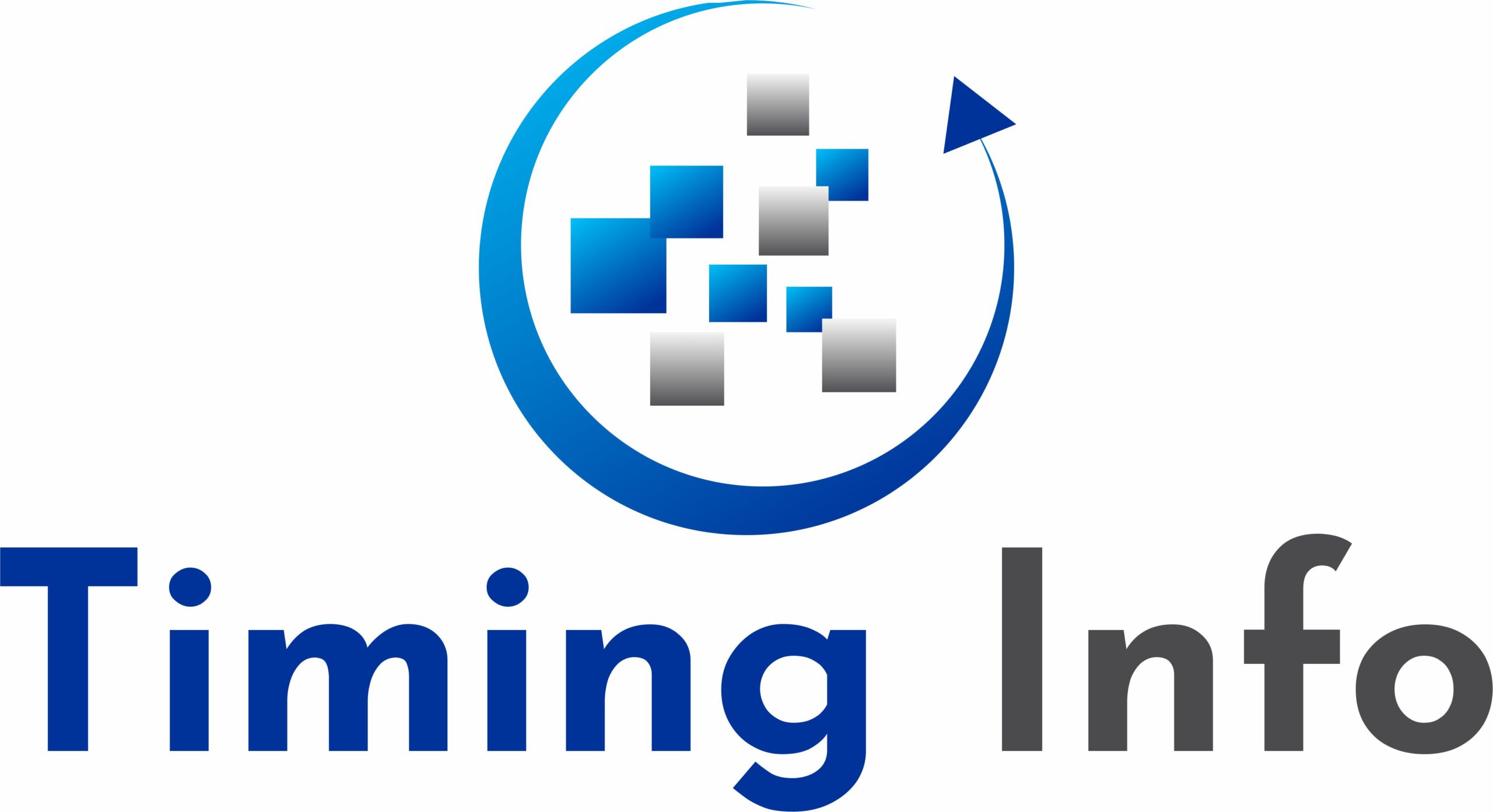Protecting patient data is absolutely critical in the modern healthcare environment. Originally passed to guarantee that personal health information (PHI) stays private and safe, the Health Insurance Portability and Accountability Act (HIPAA) Compliance with HIPAA rules is not just a legal requirement but also a vital component of preserving confidence with patients and consumers for healthcare institutions. Getting HIPAA certification is among the first actions toward guaranteeing compliance. This certification shows that a company follows HIPAA policies, therefore proving its dedication to safeguarding private patient data and satisfying industry privacy and security criteria.
Why Do You Need a HIPAA Consultant? What Is One?
A specialist in the complexity of HIPAA rules, a HIPAA consultant guides healthcare facilities toward legal compliance. Helping companies negotiate the legal rules, security policies, and privacy standards established by HIPAA depends mostly on HIPAA consultants. Their expertise goes beyond documentation; they evaluate your company’s present procedures, point up security flaws, and recommend enhancements. Working with a HIPAA expert is crucial to make sure your company stays free from expensive fines and reputation harm resulting from non-compliance, given data breaches are becoming more common in healthcare.
Reasons for Getting HIPAA Certified
Getting HIPAA certified will help your healthcare company in many ways. Above all, it builds your reputation and gives patients peace of mind that their private medical records are being treated with the best of care. Apart from fostering confidence, accreditation standardizing techniques for data security help internal operations to be simplified. Certified companies are frequently viewed as more professional and conscientious, which appeals to possible business partners. Reduced liability risks also help HIPAA-certified companies since they are more suited to manage data leaks or other compliance-related problems effectively.
A HIPAA Consultant’s Function in Guaranturing Compliance
A HIPAA consultant is very important to make sure every facet of your business is legal-compliant, whether your company is undergoing a HIPAA audit or seeking certification. Particularly for smaller firms, consultants contribute specific knowledge that is sometimes hard to locate among in-house teams. They guarantee that all business associates and subcontractors are compliant as well and assist with risk assessments, privacy policies, and employee training. Additionally guiding you through the certification process, HIPAA experts can help you avoid frequent mistakes and guarantee that your company is current with the most recent compliance criteria.
HIPAA Certification Ensuring Constant Compliance
Reaching HIPAA certification is an ongoing procedure rather than a one-time occurrence. Healthcare companies have to keep checking their data security policies and keep informed on any HIPAA rule revisions. Working with a HIPAA expert offers a major benefit in that they can assist you in creating a strategy for continuous compliance. This covers staff training courses, frequent audits, and security protocol changes. Having an expert lead you through modifications guarantees that your company is always in line with HIPAA rules, therefore lowering the chance of non-compliance given the always-changing technical scene of the healthcare sector.
Future of Healthcare Compliance: Why HIPAA Matters More Than Ever
HIPAA compliance is increasingly becoming more important as more healthcare services migrate online and technology keeps developing. Because of the abundance of sensitive data they keep, healthcare companies are great targets; data breaches, cyberattacks, and identity theft become more sophisticated. HIPAA accreditation guarantees that your company follows the law and shows a proactive attitude to security as well. Maintaining HIPAA compliance through frequent evaluations and engaging with a HIPAA consultant will assist reduce the dangers connected with new digital tools and healthcare technologies always under development.
Conclusion:
Any healthcare institution must acquire HIPAA certification and engage with a qualified HIPAA consultant in a world where data security is more important than ever. These actions not only guarantee legal compliance but also help to develop confidence with clients and business partners, therefore preserving your reputation and lowering the possibility of expensive violations. The dangers connected with managing sensitive data change with technology, so following HIPAA is an investment in the long run in the security and integrity of your company. Visit cybervantage360.com and start your journey toward strong compliance and security to investigate how HIPAA certification might change your practice.

